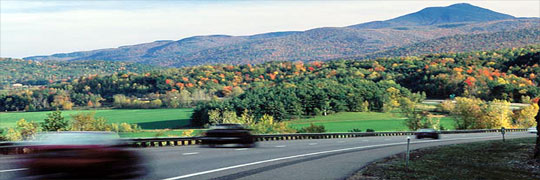
Are biofuels the silver bullet for the environment? Two recently published journal articles are now arguing, contrary to popular belief, that biofuels are not necessarily the "environmentally friendly choice". In fact, the articles deem biofuels a greenhouse threat, stating that biofuels create more greenhouse gas emissions than conventional fuels. This information comes as a result of new studies focusing on the lands used to grow and the energy input to create these fuels. Timothy Searchinger, lead author of one of the studies and a researcher in environment and economics at Princeton University says, "Previously there's been an accounting error: land use change has been left out of prior analysis." Consequently, with land use change now in the equation, the studies rebut numbers stating, biodiesel reduces greenhouse gases by 50 to 95 percent.
This does not, however, deem the use and production of all biofuels irresponsible - much consideration can be given to this topic - as the Vermont Biofuels Association says in response to these articles, "Biodiesel and other biofuels, especially if produced and consumed locally, are playing an important role in lowering CO2 and other emissions, lessening our demand for foreign oil, and helping our farmland stay open, diverse and productive. It is of the utmost importance that we continue to work together to meet the critical fuel needs of Vermont and do this in a way that is increasingly local and sustainable." Several sources are attacking these articles - follow the story through our sources and add your own comments/ideas. [Sources: New York Times, Vermont Biofuels Association, New Rules, US DOE]




